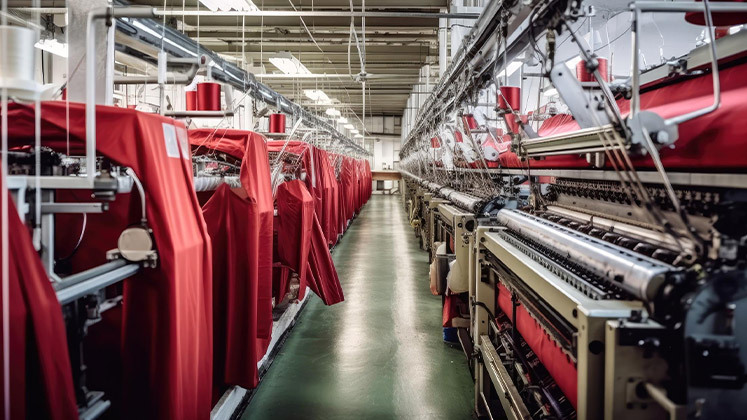The European textiles and apparel industry, comprising 192,000 companies and some 1.3 million employees with an annual turnover of US $ 193 billion, is warning of an “imminent loss of competitiveness” unless a robust industrial strategy is adopted.
In a joint statement released in Brussels, Euratex (the European Apparel and Textile Confederation) and IndustriAll Europe (the trade union representing workers in the sector) called on the European Commission to act quickly to protect the region’s textile industry. They argued that without swift intervention, Europe runs the risk of losing valuable industrial know-how, thousands of skilled jobs and its strategic position in the global value chain.
Euratex’s Director General, Dirk Vantyghem, urged the Commission to deploy “a more assertive European industrial strategy that invests heavily in innovation while protecting our economy from unfair global competition.”
A joint text, signed on 16th October 2025, sets out six priority areas aimed at restoring textiles to a central role in Europe’s industrial policy. These include establishing a level playing field with ultra-fast-fashion models based on very low wages and questionable social practices; stimulating demand for sustainable and ethical products via targeted incentives and consumer awareness campaigns; ensuring affordable access to energy for textile companies (especially SMEs) to enable a just energy transition; guaranteeing product transparency through pragmatic implementation of the Digital Product Passport and Ecodesign regulations tailored to SMEs; investing in skills by integrating sustainability and digitalisation into vocational education and training; and coordinating national and regional policies to ensure that the green and digital transition is “just” and leaves no one behind.
Euratex and IndustriAll emphasise that the transformation is not just an economic issue but a social one. They insist that the shift must not come at the expense of existing jobs or by shifting added value outside Europe. Social dialogue and collective bargaining are presented as crucial to successful adjustment, supporting the upskilling of employees and preserving business competitiveness.
Pressed for direction, the industry says that textiles have received little targeted investment or strategic support. The average electricity price for the textile industry in Europe remains 2.5 times higher than in Asia — a factor that is eroding competitiveness and deterring investment.
A key moment ahead will be the implementation of the Digital Product Passport in 2026, which the industry views as either an opportunity for green competitiveness or a further administrative burden for SMEs. Euratex and IndustriAll are calling for a “European Textile Industrial Pact” combining modernisation aid, dedicated training funds and anti-dumping measures on low-cost imports.







